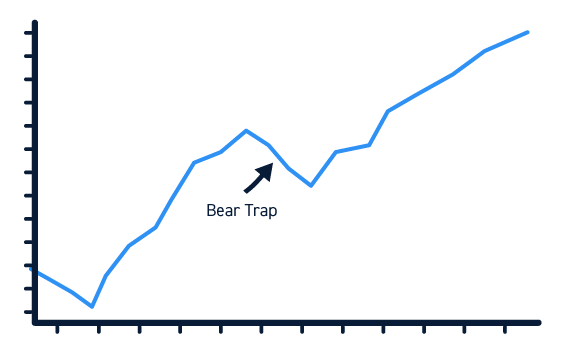Japan’s Finance Minister Masato Kato just dropped a hint that he’s gearing up for the G7 meetings in Banff, and, crucially, he’s hoping for a sit-down with US Treasury Secretary Janet Yellen. The topic? You guessed it – foreign exchange. Let’s be real, this isn’t just polite diplomatic chatter. This is Kato signaling Japan’s continued concern, and frankly, anxiety, over the Yen’s relentless slide.

Photo source:www.bloomberg.com
Now, why is this important? Because a weak Yen isn’t just a Japanese problem. It has ripple effects across global markets. It fuels import inflation, impacts trade balances, and can even trigger competitive devaluation.
Let’s break down the FX landscape a bit. Currency intervention is a delicate game. Direct intervention can be costly and often ineffective if not coordinated. Japan has been hinting at intervention for weeks, but hasn’t pulled the trigger, likely waiting for a consensus with key partners like the US.
Understanding currency manipulation is key. It’s not simply about artificially lowering a currency’s value. It’s about gaining an unfair trade advantage. The US, historically, has been very critical of currency manipulation, and Yellen will undoubtedly be listening closely to Kato’s arguments.
This meeting, if it happens, will be a crucial test of the US-Japan relationship. Will Yellen offer any leeway? Will she acknowledge the unique pressures Japan faces? Or will she stick to a hard line? The market is watching, and frankly, holding its breath. This isn’t just about Yen; it’s about the future of global currency stability.




